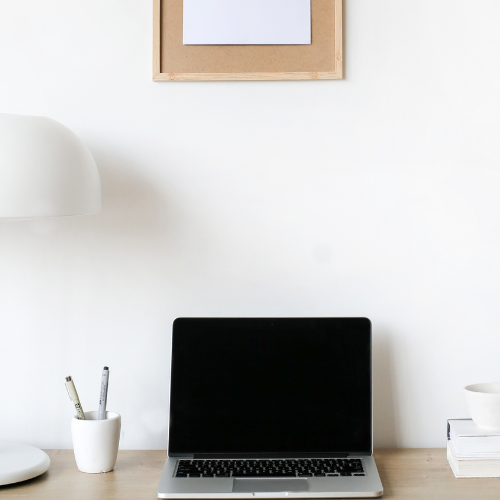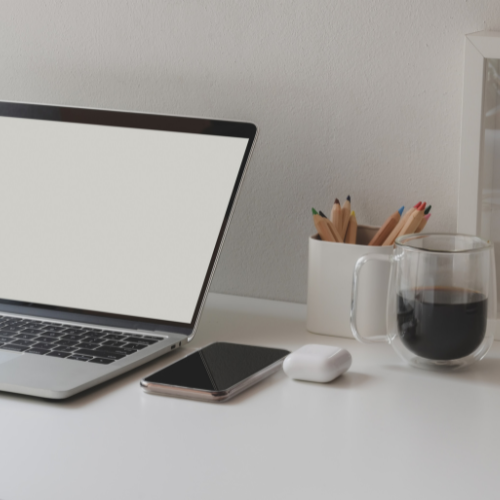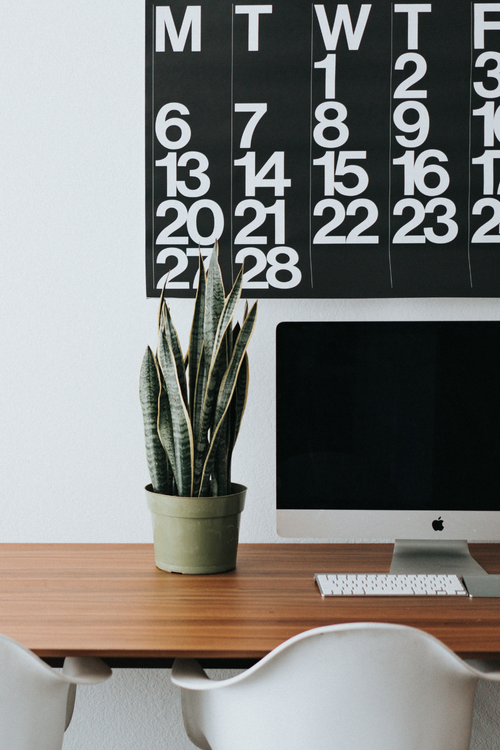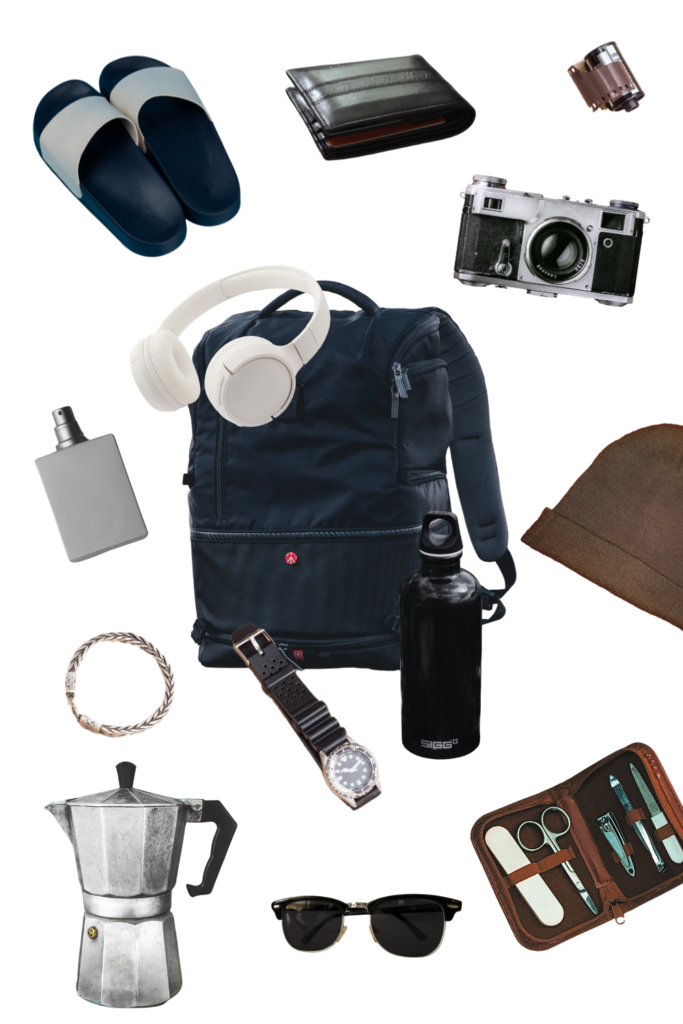The Best Work-From-Home Advice – You Need These Tips!
This post is all about the ultimate work-from-home advice you need for productivity, wellness, and enjoyment!
This post may contain affiliate links, which means I’ll receive a commission if you purchase through my link, at no extra cost to you. Please read full disclosure here.
As an Amazon Affiliate I earn from qualifying purchases.

Top 10 Work-From-Home Advice For Productivity
- Establish and maintain a routine and schedule.
- Take breaks throughout the day to stretch, move, and rest your eyes.
- Create a designated workspace that is comfortable, well-lit, and free from distractions.
- Block out distracting noises using noise-canceling headphones or listening to calming music.
- Make time for exercise or movement, such as yoga, stretching, or a quick walk.
- Stay connected with colleagues, friends, and family for social support and to combat feelings of isolation.
- Practice mindfulness or meditation to reduce stress and increase focus.
- Take advantage of natural light by opening windows or going outside for a few minutes each day.
- Stay hydrated and nourished with healthy snacks and meals throughout the day.
- Prioritize self-care and create boundaries to prevent burnout and maintain work-life balance — and to prevent from being taken advantage of or being overworked.
Benefits of Working from Home

Working from home has many benefits, like more flexibility, less commuting, and a more comfortable work environment. It can also help balance work and life, giving you more time to care for yourself and your family.
But think about your own work habits and challenges, such as feeling lonely or mixing work and home life. Decide for yourself if working from home is right for you.
WORK-FROM-HOME ADVICE – IS WORKING FROM HOME RIGHT FOR ME?
Working from home can be great, but it’s not for everyone. It comes with unique challenges that require discipline and self-motivation. Some people thrive in their own quiet and comfortable homes, while others may find it difficult to separate work and personal life.
To determine if working from home is right for you, ask yourself a few questions.
- Do you prefer working around others in a bustling environment, or do you prefer a quiet space?
- Can you stay focused and productive without the structure of an office environment?
- Can you create a comfortable and productive workspace at home?
Answering these questions honestly can help you figure out if working from home is a good fit for you. Remember, there’s no wrong answer – it’s all about your needs and preferences. You got this!
Mental Health Wellness Tips for Working from Home

Here are 20 mental health tips to work from home (advice):
- Start your day with a morning routine that includes meditation or mindfulness practices.
- Set realistic goals and prioritize your workload to avoid feeling overwhelmed.
- Take frequent breaks throughout the day to recharge and refresh your mind.
- Use positive affirmations to boost your mood and confidence.
- Create a designated workspace that is separate from your personal living space to help establish boundaries.
- Stay connected with coworkers, friends, and family to combat feelings of loneliness and isolation.
- Take a walk or exercise during your lunch break to improve your physical and mental health.
- Avoid multitasking and focus on one task at a time to reduce stress.
- Establish a regular sleep schedule and practice good sleep hygiene.
- Take advantage of natural light and fresh air by opening windows and spending time outside.
- Practice gratitude by keeping a daily journal or simply taking a few moments each day to reflect on what you’re thankful for.
- Set clear boundaries between work and personal life to maintain a healthy work-life balance.
- Practice deep breathing exercises to reduce stress and increase relaxation.
- Take a mental health day or personal day when needed to recharge and prevent burnout.
- Reach out to a mental health professional or employee assistance program for additional support.
- Create a social support network with coworkers or other remote workers to share experiences and tips.
- Limit exposure to news and social media to reduce anxiety and stress.
- Practice self-compassion and be kind to yourself, especially during difficult times.
- Use aromatherapy or essential oils to promote relaxation and boost mood.
- Take regular breaks from technology to reduce eye strain and mental fatigue.
Remember, everyone’s mental health needs are different, so find what works best for you and prioritize your well-being.
IS WORKING FROM HOME BAD FOR MY MENTAL HEALTH?
Working from home can have both positive and negative impacts on your mental health.
It can be challenging to separate work and personal life, which may lead to feelings of burnout, stress, and isolation.
If you’re worried about the negative effects of work-from-home on your mental health, pay attention to how you’re feeling.

Questions you should ask yourself if you’re worried about work-from-home (advice) and your mental health:
- Are you experiencing more stress, anxiety, or depression?
- Are you having trouble sleeping or feeling tired?
- Are you finding it hard to stay motivated or focused on your work?
- Are you experiencing more stress, anxiety, or depression?
- Are you having trouble sleeping or feeling tired?
- Are you finding it hard to stay motivated or focused on your work?
- Are you feeling disconnected from coworkers or friends?
- Are you struggling to maintain a work-life balance?
- Are you feeling burnt out or overwhelmed?
- Are you experiencing physical discomfort from poor ergonomics or lack of movement?
If you notice any of these symptoms, it may be a sign that working from home is affecting your mental health.
- To address these issues, you can set boundaries between your work and personal life, take breaks throughout the day, and seek support from friends, family, or a mental health professional.
Remember that everyone’s experience with working from home is different, so it’s important to prioritize your own well-being and make adjustments as needed.
Don’t forget to take care of yourself, even if it means saying no to work or taking a mental health day.

Fun Things to Do When Work-From Home-(Advice)
Here are some fun things to do when working from home:
- Take a dance break
- Play with your pet
- Listen to a new podcast or audiobook
- Try a new recipe for lunch
- Take a virtual museum tour
- Do a quick workout or stretch
- Learn a new skill, such as coding or a new language
- Set up a virtual coffee or lunch date with a friend or coworker
- Take a power nap
- Build a fort or create a cozy workspace
- Take a walk outside and explore your neighborhood
- Make a DIY project or craft
- Organize your workspace or declutter your home
- Play a quick game or puzzle to give your brain a break
- Watch a short TED Talk or inspirational video
- Take a few minutes to journal or reflect on your day
- Do some light gardening or take care of your plants
- Learn a new card game or board game to play during breaks
- Take a bath or practice some self-care
- Watch a funny video or TV show to boost your mood
ACTION ITEMS | WORK-FROM-HOME (ADVICE)

- Establish a morning routine that includes meditation or mindfulness practices.
- Create a designated workspace that is comfortable, well-lit, and free from distractions.
- Take frequent breaks throughout the day to recharge and refresh your mind.
- Stay connected with colleagues, friends, and family for social support and to combat feelings of isolation.
- Take advantage of natural light by opening windows or going outside for a few minutes each day.
- Stay hydrated and nourished with healthy snacks and meals throughout the day.
- Prioritize self-care and create boundaries to prevent burnout and maintain work-life balance.
- Set realistic goals and prioritize your workload to avoid feeling overwhelmed.
- Use positive affirmations to boost your mood and confidence.
- Practice deep breathing exercises to reduce stress and increase relaxation.
- Limit exposure to news and social media to reduce anxiety and stress.
- Take a mental health day or personal day when needed to recharge and prevent burnout.
- Create a social support network with coworkers or other remote workers to share experiences and tips.
- Reach out to a mental health professional or employee assistance program for additional support.
- Practice gratitude by keeping a daily journal or simply taking a few moments each day to reflect on what you’re thankful for.
- Take a walk or exercise during your lunch break to improve your physical and mental health.
- Set clear boundaries between work and personal life to maintain a healthy work-life balance.
- Avoid multitasking and focus on one task at a time to reduce stress.
- Take a few minutes to journal or reflect on your day.
- Practice self-compassion and be kind to yourself, especially during difficult times.
Summary
Working from home can be a great way to achieve work-life balance and increase productivity. However, it also comes with unique challenges that require discipline and self-motivation.
By following the productivity tips, mental health wellness tips, and fun things to do listed in this post, you can make the most of your work-from-home experience.
Remember to prioritize your well-being and make adjustments as needed.
With the right mindset and tools, you can redefine success and achieve your goals from the comfort of your own home.
Spa Bathroom Ideas – The Best Luxurious But Affordable Tips
This is the ultimate guide to spa bathroom ideas to make your bathroom look and…
Study Music For Better Focus | The Best Ambient Concentration Music
This is the ultimate guide to finding the best ambient music to help you study….
Valentine’s Day Gifts | Unique Ideas You Might Not Have Considered
This post is the top guide to finding amazing Valentine’s Day gifts that are affordable,…
Valentine’s Day Gifts For Him – The Best Gift Guide (Helpful)
This is the ultimate guide to finding the perfect Valentine’s Day gifts for him! No…
College Resume – How To Write The Best Resume (Template)
This guide is the best way to write a college resume that will help you…
Bridesmaid Box Ideas – The Best Creative Budget Ideas (Unique!)
🤍 These thought-provoking and creative bridesmaid box ideas are the best way to ask your…












